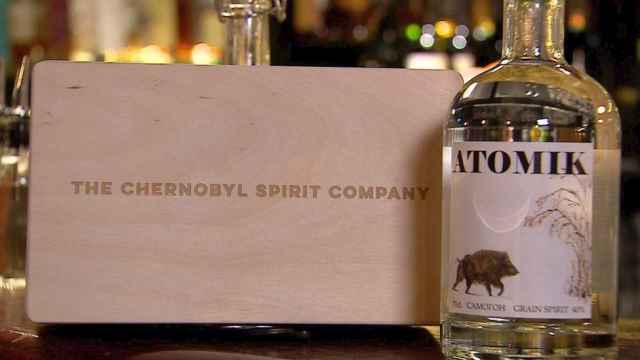Alcohol imports,
an industry only beginning to recover after a record-shattering
collapse in 2015, have once again fallen in the third quarter of
2016, the Kommersant newspaper reported.
Importers blame the drop in imports on a shortage of the new form of excise stamp, which they were supposed to begin receiving on July 1. However, bureaucratic issues delayed the distribution of the stamps until late summer.
Alcohol imports grew in the first quarter of 2016 due to a strengthening of the ruble. However, the excise stamp issue is taking its toll: in the third quarter, imports of rum and whiskey have fallen by 61.4 percent (to 0.54 million liters) and 41 percent (to 4.87 million liters). Imports of table wine and sparkling wine have also fallen by 25.6 percent (to 38.74 million liters) and 13.4 percent (to 6.54 million liters), respectively. Imports of vermouth and flavored wines decreased to 2.23 million liters.
Not all companies were effected equally. Diageo, Bacardi, and Pernod Ricard are weathering the situation better than many Russian importers because they have a smaller assortment of goods. As a result, “they bought up more of the old type of excise stamp for their production and built up large stocks that helped them weather the third quarter without losses,” a manager of one of the distributor companies told Kommersant.
All alcohol categories are expected to experience growth in the fourth quarter. Alcohol market analyst Vadim Drobiz believes that, ultimately, the volume of imports in 2016 will be roughly the same as in 2015.
A Message from The Moscow Times:
Dear readers,
We are facing unprecedented challenges. Russia's Prosecutor General's Office has designated The Moscow Times as an "undesirable" organization, criminalizing our work and putting our staff at risk of prosecution. This follows our earlier unjust labeling as a "foreign agent."
These actions are direct attempts to silence independent journalism in Russia. The authorities claim our work "discredits the decisions of the Russian leadership." We see things differently: we strive to provide accurate, unbiased reporting on Russia.
We, the journalists of The Moscow Times, refuse to be silenced. But to continue our work, we need your help.
Your support, no matter how small, makes a world of difference. If you can, please support us monthly starting from just $2. It's quick to set up, and every contribution makes a significant impact.
By supporting The Moscow Times, you're defending open, independent journalism in the face of repression. Thank you for standing with us.
Remind me later.






